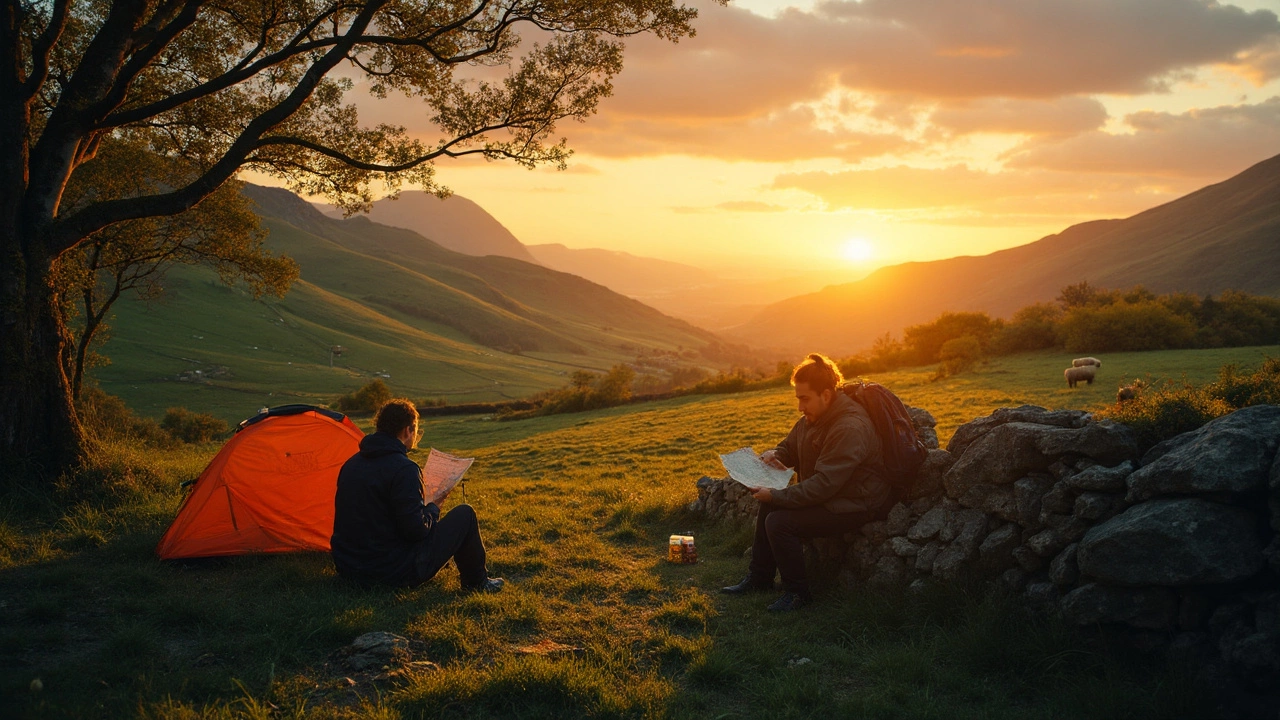Park Rules: Essential Tips for Safe and Legal Camping
Ever set up a tent only to find a sign telling you to move? Knowing the basic park rules can save you time, money, and a ticket. Below are the straight‑forward things you need to check before you pitch your tent or park your motorhome.
Check the Signage and Local Policies
First stop: the signs at the entrance. They tell you if overnight stays are allowed, how many nights you can stay, and whether fires are banned. If the sign is missing, look for a park office or online map – most councils list their rules on a simple webpage.
Don’t assume a beautiful meadow means you can camp there. In many UK parks, wild camping is only legal on certain open‑access land, not on privately owned fields or restricted nature reserves. When in doubt, call the park office and ask. A quick phone call can clear up whether you need a permit or if the area is off‑limits.
Respect the Environment and Other Visitors
Park rules exist to protect the ground, wildlife, and fellow campers. Keep noise down after 10 p.m., dispose of waste in designated bins, and stick to established fire pits. If there’s no fire pit, use a portable stove instead of an open flame.
When you’re done, leave the site as you found it – or better. Pack up every piece of rubbish, flatten any sandbag spots, and refill water containers. Small actions keep the park tidy and reduce the chance of stricter rules later on.
Finally, remember that many parks have seasonal restrictions. Some areas close for nesting birds in spring, while others ban camping during high‑water periods. Check the park’s calendar before you book your spot.
Following these simple checks makes your trip smoother and helps keep the countryside open for everyone. Happy camping!
-
 VIEW POST
VIEW POSTCamping in National Parks UK: What You Need to Know
May, 4 2025|0 CommentsThinking about camping in a UK national park? The rules are less straightforward than you might expect. This article covers what’s allowed, what’s not, and how to plan a legal and enjoyable stay. You’ll find clear tips on permissions, safe spots, and how not to annoy the locals or the rangers. If you want to avoid fines or getting woken up by a torch at 2 a.m., keep reading.